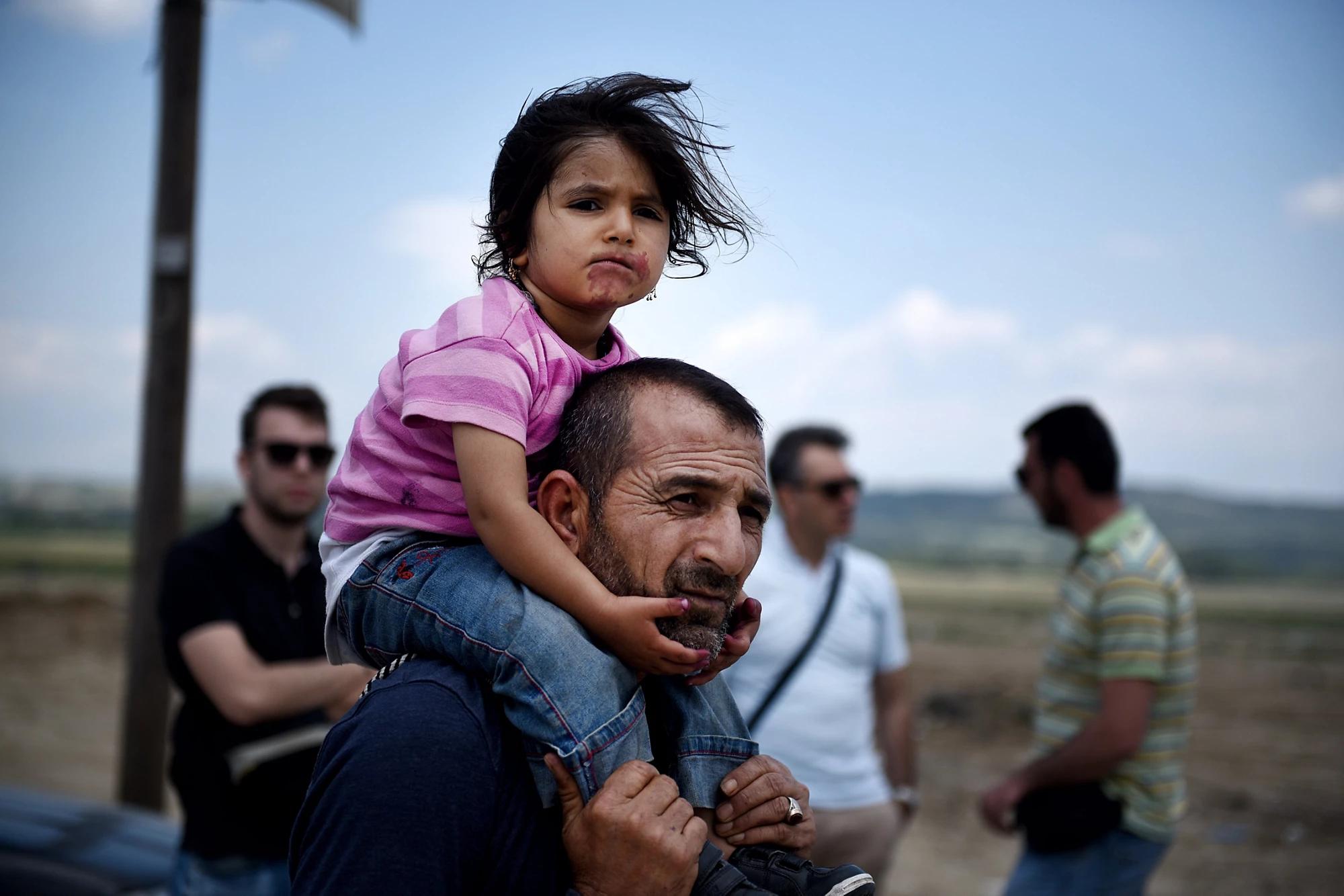
A version of this article was first published by Forced Migration Review
The countries in the Middle East and North Africa (MENA) endure a paradox. They have a highly educated labor force but a large pool of unemployed youth. Whether this contradiction results from uncoordinated economic and educational policies, skill mismatch, low productivity of labor, or anemic demand due to lack of a robust private sector, the ensuing lengthy unemployment and skill depreciation have resulted in disproportionate human capital erosion across the MENA region. MENA countries’ rankings in improving their human capital formation have fallen, according to the human capital index (produced by the World Economic Forum) and in 2017, were among the lowest in the world, close to South Asia and Sub-Saharan Africa.
The depreciation in human capital in MENA is compounded by continued and prolonged conflict, violence, and civil wars in the region. Loss of life and injuries due to conflict reduce the stock of human capital, and displacement of children and educated young adults within or outside the conflict-affected country deteriorate human capital accumulation as well. A stark example of mass displacement in the region is due to the war in Syria, which has displaced more than 13.1 million persons, with about 6.1 million displaced internally, according to UNESCO. Of those who fled to neighboring countries, a third are ages 5–17. Displaced people lose their means of earnings, are unable to attend school, and have less or no access to nutritious food and quality health care— all of which can lead to serious, long-standing detrimental effects on individual’s human capital formation for at least three reasons:
- Poor nutrition leads to low productivity and high rates of disease and prolongs the cycle of poverty. Women, the elderly and children under five, in particular, are more prone to respiratory and communicable diseases from overcrowded shelters, lack of nutritious food, safe drinking water, and poor hygiene. A recent study found that while acute malnutrition has been relatively low in the assessed Syrian refugee populations in Jordan, Iraq, and Lebanon, the prevalence of anemia suggests a severe public health problem among women and children.
- Longer term development problems, especially in achieving educational outcomes, mainly emanate from malnutrition. Faulty nutrition causes stunting and wasting in children as well as a wide range of cognitive deficiencies. Poor cognitive development leads to missed years of schooling and learning in childhood and lost years of employment in adulthood. In addition, many displaced children are deprived of education. Evidence shows that low levels of education reduce productivity and income, which makes breaking the cycle of poverty even more challenging. Cognitive damage to children from no or low-quality education in conflict-affected settings not only affects their well-being but cuts their future earnings.
- Lack of decent jobs and low earnings for educated young adults could increase child labor and child marriage as families struggle financially. The longer displaced people are unemployed, the more their chances of finding a job diminish as they lose skills and find themselves dependent on the government’s social and economic support, if readily accessible. They are caught in a vicious circle. Poor health, poor educational learning outcomes, and lengthy unemployment translate into human capital depreciation—which has high social and economic costs, not only for the host country but the international community. The resulting loss in human capital formation in terms of the knowledge and skills that are crucial for enhancing labor productivity will affect economic growth and long-term development outcomes and subverts peace, stability, and reconstruction.
Building human capital is crucial for development and encompasses generations. If the international community and hosting countries fail to invest in the human capital of displaced persons, the costs will be high and put future generations at a disadvantage too. Failure to invest in human capital also puts stability at risk because unmet aspirations can lead to future conflict.


Join the Conversation